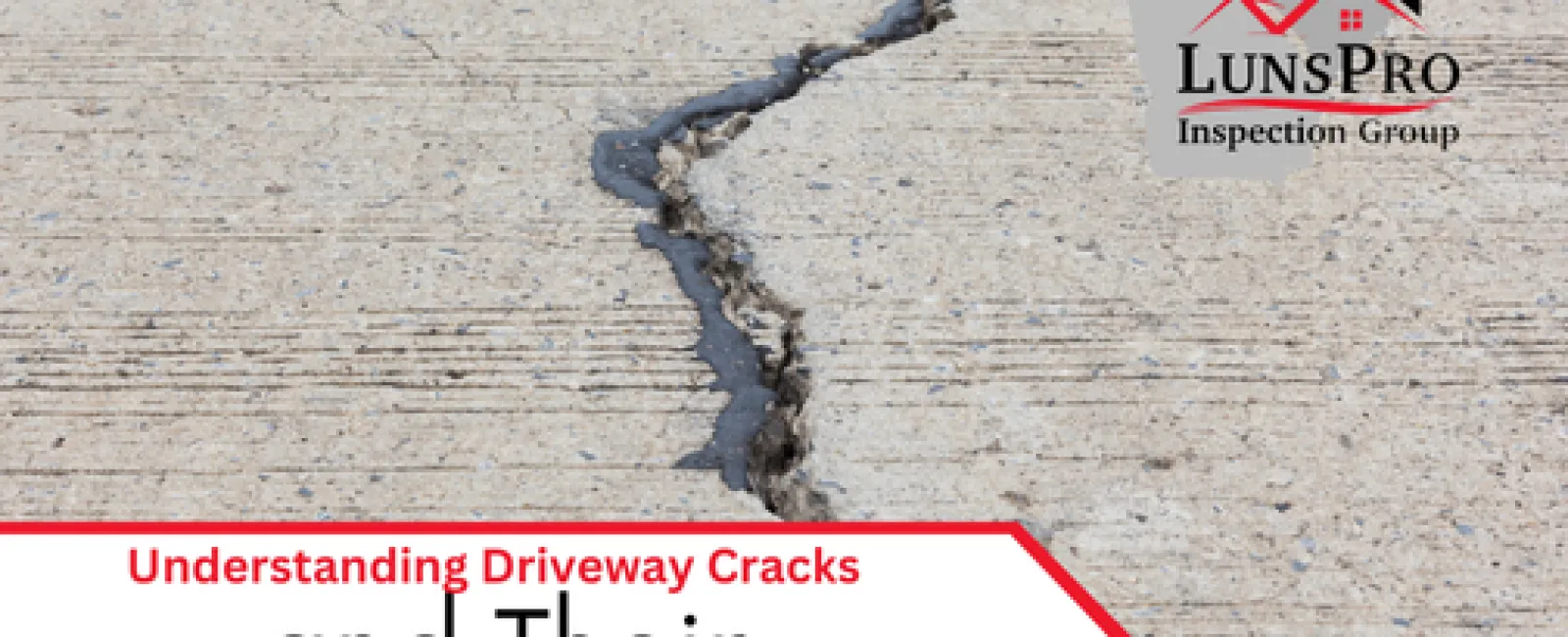During a home inspection in Decatur, Georgia, we encountered a common issue that can easily be overlooked—cracked driveways. While this might seem like a minor cosmetic concern, it could point to more serious structural issues, such as foundation problems or soil movement.
Why Driveway Cracks Matter
Driveways are exposed to a lot of wear and tear. Over time, weather changes, vehicle pressure, and soil shifting can lead to cracks. If left unattended, these cracks can expand, causing sections of the driveway to break apart, as was the case in the 1952 Decatur home. More concerning is the fact that driveway cracks can sometimes indicate larger issues, such as foundation settlement or water drainage problems.
Common Causes of Cracked Driveways
Some of the most common causes of driveway cracks include:
- Poor installation or use of low-quality materials.
- Soil shifting beneath the concrete.
- Water infiltration, especially during freeze-thaw cycles.
- Heavy vehicle traffic or excessive weight.
In the case of the Decatur home, further evaluation by a qualified concrete contractor was recommended to assess the extent of the damage.
How to Prevent and Repair Cracked Driveways
To prevent driveway cracks, homeowners should:
- Seal any small cracks as soon as they appear.
- Ensure proper drainage around the driveway to prevent water buildup.
- Consider installing a more durable material if your driveway sees heavy use.
If cracks are already present, hiring a concrete contractor for repair or replacement is essential to maintaining the structural integrity of your home's exterior. A cracked driveway is more than an eyesore—it can be a signal of deeper issues that should not be ignored.

